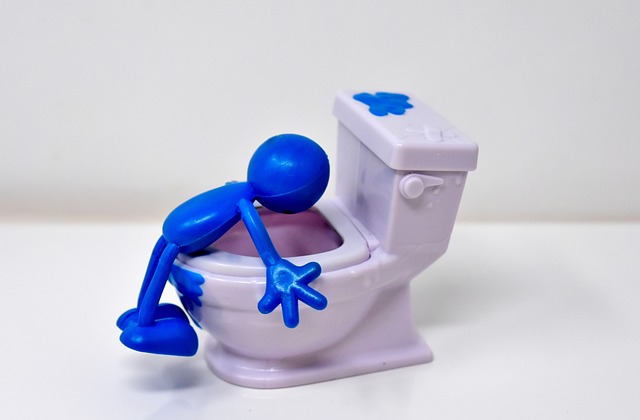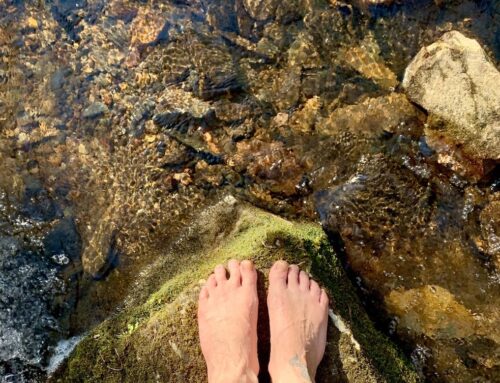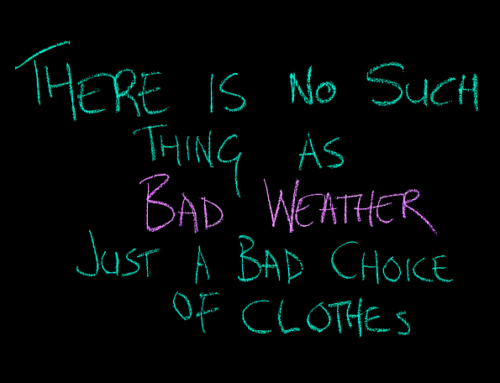CONCERNED ABOUT NOROVIRUS ON TRAIL? WASH YOUR HANDS!
I am not going to lie… We hikers are typically dirty, smelly, and gross out on the trail. Maintaining hygiene on the trail is challenging at the best of times… but it is possible and essential that we make it a priority. Cleanliness isn’t just about comfort—it’s crucial for our health, creating self-care habits, and even building self-respect. Keeping our hands and bodies clean is fundamental for our overall health and safety.
Establishing a daily cleanliness ritual is essential for maintaining our health and the safety of others during long-distance hikes. By prioritizing personal hygiene, such as regular handwashing and teeth brushing, washing cooking gear, eating utensils and other gear, hikers reduce the risk of illness, prevent the spread of germs, and promote overall well-being on the trail.
Have you heard about Norovirus spreading through communities on long-distance hiking trails, such as the Appalachian Trail?
WHAT IS NOROVIRUS?
Also known as the “stomach bug,” norovirus is a highly infectious virus transmitted through direct contact with an infected person, feces, or vomit. Norovirus is an extremely contagious viral infection that causes gastroenteritis, producing symptoms such as nausea, vomiting, diarrhea, and stomach cramps. Other symptoms can include fever, headache, and body aches. The virus generates sudden onset symptoms approximately 12 to 48 hours after exposure and typically lasts 24 to 48 hours. Norovirus is spread by touching your mouth, nose, or eyes after touching a contaminated surface. Norovirus can remain on surfaces for days or weeks.
According to the National Park Service (NPS) and the Centers for Disease Control (CDC), the best way to prevent illness on the trail is to simply practice proper hygiene. Frequent handwashing with biodegradable soap and water, especially before eating or handling food and after using the bathroom, is the most significant way to reduce the risk of infection. (Hand sanitizer is ineffective against Norovirus and should be used in addition to hand washing.) Avoid close contact with individuals showing symptoms of Norovirus and refrain from sharing water bottles, eating utensils, and other personal items.
Sure, you can share a snack with a friend, but remember to pour them out instead of reaching into the bag. Proper sanitation of cooking and eating utensils and disinfection of shared surfaces are also effective preventive measures. And, of course, hikers should always be vigilant about disposing of waste properly.
- Wash your hands frequently with water and biodegradable soap at least 200 feet (75 paces) from water sources, especially after using the bathroom and before eating or handling food.
- Untreated water sources can also be contaminated, so always boil, filter, or chemically disinfect water for drinking and cooking. Most filters alone do not remove viruses but can be used effectively with chemical purification against a wide range of pathogens.
- If a privy is unavailable, bury human waste 6 – 8′ deep in the ground at least 200′ away from water sources, trails, and camping areas.
- If you are feeling sick, remain isolated and shelter in place.
Integrating these practices into our daily backpacking routines fosters a proactive approach to self-care, empowering us to fully enjoy our hiking experience while ensuring a memorable and rewarding outdoor adventure. Keep smiling, wash your hands, and have a wonderful hike!
Namaste




